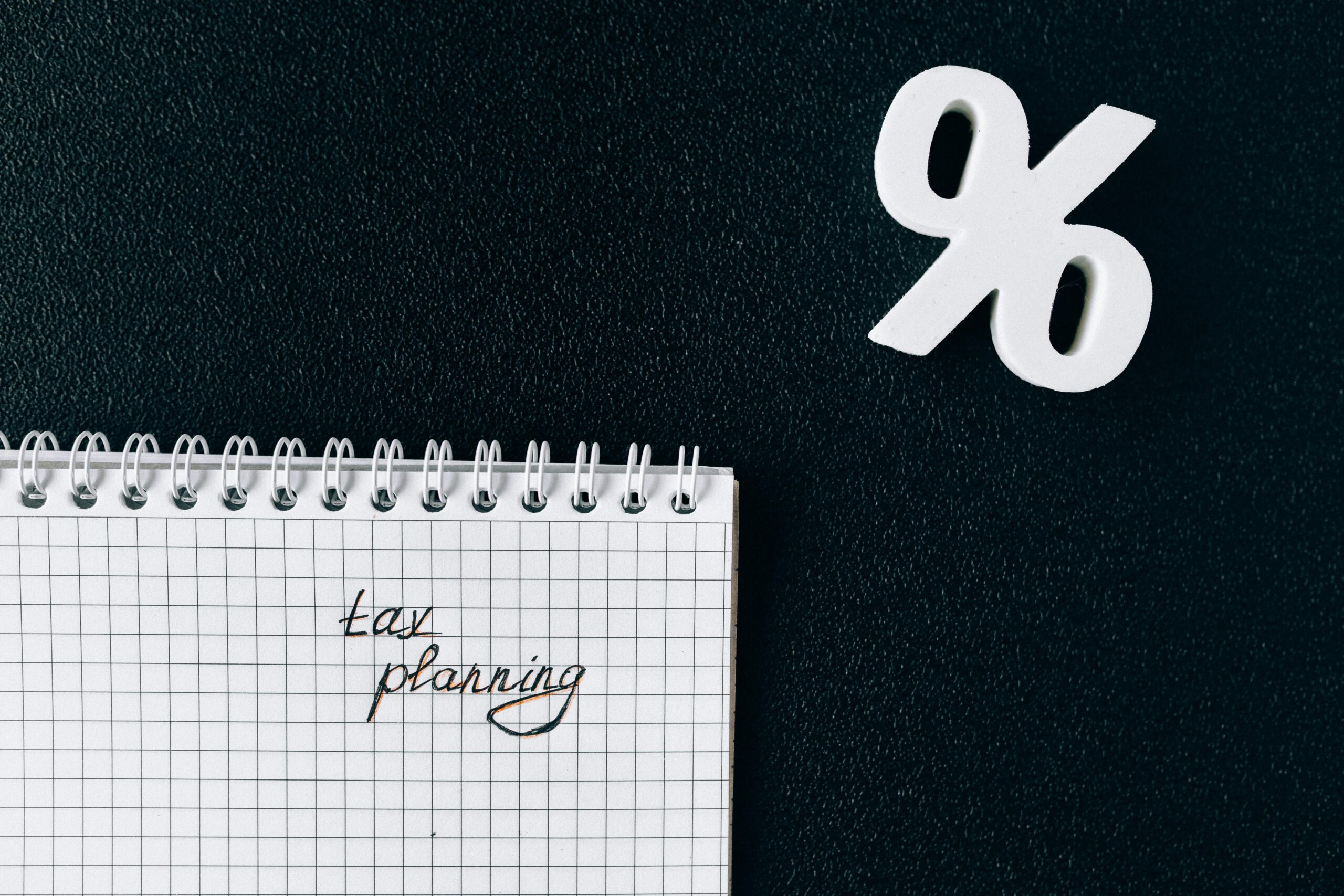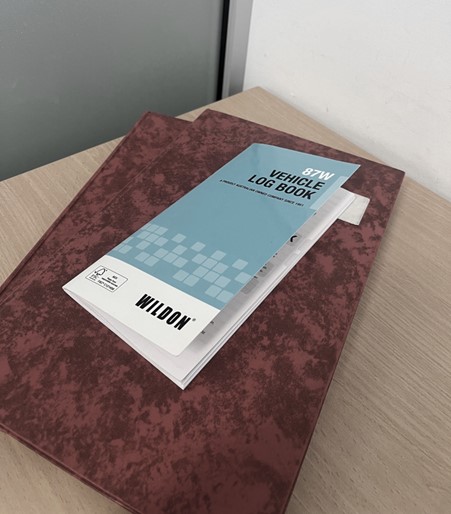
The 2023 Federal Budget was announced on Tuesday 9 May 2023, with a focus on cost-of-living relief and modernising our economy.
There were only a few tax and super changes announced, which is good news. However, no mention was made of the previously announced Stage 3 Income Tax cuts that are planning to begin on 1 July 2024, and this has made people wonder if the Government may cancel them next year.
Individuals
There were also a number of welfare incentives and relief measures aimed at low-income and disadvantaged individuals announced, including;
- Increasing JobSeeker: Income support payment base rates will be increased by $40 per fortnight from 20 September 2023.
- Expand Eligibility for JobSeeker: The minimum age for older people to qualify for the higher JobSeeker payment rate will be reduced from 60 to 55 years.
- Energy Price Relief: $1.5 billion Energy Bill Relief Fund will deliver a $500 rebate to 5 million low income households.
- Single Parent Payment Increase: An estimated 57,000 single parents will be able to claim the Single Parent welfare payment benefit from September 2023, with the Government lifting the eligible age for the youngest child in the family from 8 to 14 years.
- PAYG Instalment Uplift: If you are paying PAYG instalments, the Government bases these payments on the last year’s tax increased by GDP “uplift”. The Government happily announced this GDP uplift will only be 6% for 2024 and not the legislated 12%. You may need to plan for higher PAYG instalments in 2024.
Small Business
Multiple support measures were announced aiming to increase the investment and decrease the administrative burden for small businesses, focusing on improving business efficiency and cashflow.
Taxation Changes
| Key Change | How This Will Affect You |
| Temporary Full Expensing is Ending
Currently, most businesses that purchase business assets can claim 100% of its price in full, in the year that its purchased and ready for use. This will finish on 30 June 2023. |
Purchase Business Assets Before 30 June 2023
If you need to purchase a business asset and have the cashflow to do so, we recommend you purchase and hold, use or install the asset BEFORE 30 June 2023 to be able to claim 100% of its cost in the 2023 year. |
| Low and Middle Income Tax Offset (LMITO) has Ended
The temporary LMITO was introduced in the 2019 Budget and then extended during the COVID-19 pandemic. It resulted in extra tax refunds of between $675 and $1,500 (depending on your level of income) for individuals. The Government didn’t extend the LMITO, so it has ended as at 30 June 2022. |
Lower Tax Refund for 2023
Individuals who received an extra tax refund of up to $1,500 in 2022 will not receive it again this year in 2023.
|
| Small Business Instant Asset Write-Off
Small businesses, with a turnover of less than $10 million, will be able to immediately deduct the full cost of eligible assets costing less than $20,000 inc. GST that are first used or installed ready for use between 1 July 2023 and 30 June 2024.
|
Lower Asset Write Off Tax Deductions
Compared with prior years, from 1 July 2023 a small business can only claim up to $20,000 inc. GST as an instant write-off. Any assets that cost more than this amount will be added into the small business simplified depreciation pool and depreciated at 15% in the first year and 30% each year thereafter. Remember, this is a tax deduction, and it is not $20,000 cash back to you. |
| Small Business Energy Incentive
The Government is introducing a tax break to help small businesses electrify and save on your energy bills. Businesses with annual turnover of less than $50 million will have access to a bonus 20 per cent tax deduction for eligible assets supporting electrification and more efficient use of energy, from 1 July 2023 until 30 June 2024. |
Extra $20,000 Tax Deduction
Businesses will be able to make investments like:
Up to $100,000 of total expenditure will be eligible for the incentive, with the maximum bonus tax deduction being $20,000 per business. |
| Small Business Tax Lodgement Penalty Amnesty
This new amnesty will apply to small businesses with a turnover of less than $10 million to encourage them to re-engage with the tax system. |
No Penalties for Certain Overdue Tax Lodgements
A small business will not be charged failure-to-lodge penalties for outstanding tax lodgements that are lodged between 1 June 2023 and 31 December 2023 that were originally due between 1 December 2019 to 29 February 2022. |
| Pay As You Go (PAYG) Instalments Uplift Factor
If you pay PAYG instalments towards next year’s tax, the Government bases these payments on last year’s tax increased by GDP “uplift”. The Government was happy to announce this GDP uplift for 2024 is only 6% and not the legislated 12%. |
Plan for Higher PAYG Instalments in 2024
The 6% uplift for your 2024 PAYG tax instalments is higher this year due to high inflation. If you continue to make good business profits with tax to pay, you will need to plan for slightly higher PAYG instalments in 2024. |
There were 2 very important items not mentioned in the 2023 Budget that may affect you as a business owner:
- With temporary full expensing finishing on 30 June 2023 and its replacement with a Small Business Instant Asset Write-off capped at $20,000, a business that sells or trades in a motor vehicle would have 100% of its sale price included in taxable income in the year it was sold if it fully expense it’s purchase in an earlier year.
For example, if a business trades in a vehicle (that was fully expensed for $50,000 and purchases another vehicle for $60,000 in 2024, $50,000 will be included in its taxable income but only a portion of the $60,000 purchase price of the new vehicle will be allowed as a depreciation tax deduction. This may result in significantly higher tax payable by the business compared with previous years.
- The Low and Middle Income Tax Offset was not extended by the Government. This means individuals who received up to $1,500 in extra tax refund last year will not receive them again in 2023
Superannuation
With the Government focused on other areas superannuation received a very small mention. There were only two noteworthy items this year and one item not receiving a mention;
- Confirmation on how the Government will deal with NALE (non arm’s length expenses) in super. This issue developed several years ago when it was deemed a fund would have NALI (non arm’s length income) when it paid too little for a particular service.
- Increased Tax on Super Earnings: The Budget confirmed the Governments intention to apply an additional 15% tax on your total super balance above $3 million from 1 July 2025. If your super member balance is less than $3 million, then this will not affect you. If it is more than $3 million from 1 July 2025, then your super will be taxed 30% on its earning, up from the current 15%.
Current 50% reduction in minimum pension payments was not mentioned, so these will return to normal for the 2023/24 financial year. This means ensuring you have enough cash to pay the higher pension minimum amount next year.




